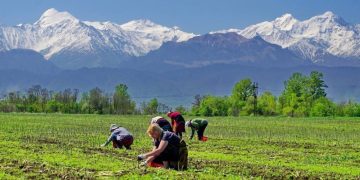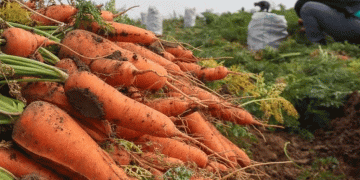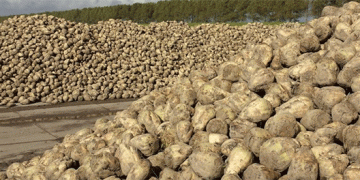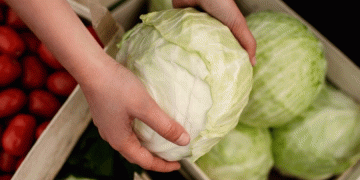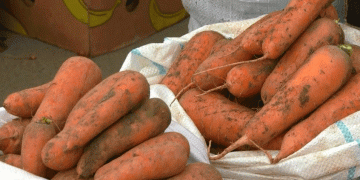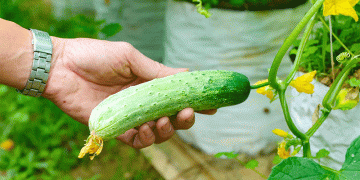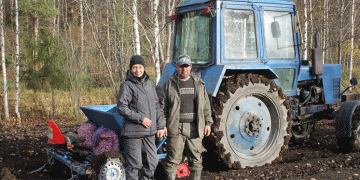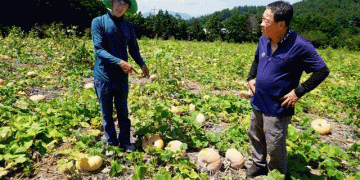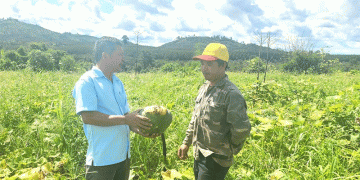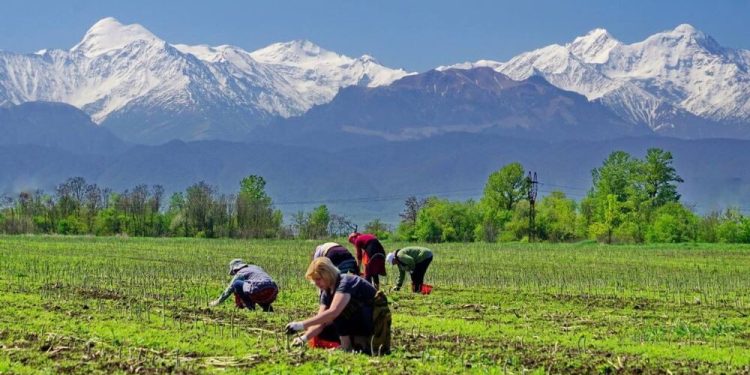The asparagus industry in North Ossetia has seen a significant increase in production, with the harvest reaching an impressive 200 tons in 2023, one third more than in previous years. Asparagus Valley, a leading company in the region, has played a key role in this growth by supplying its products to various regions of Russia. The farm, which covers 55 hectares of land and 250 kilometers of asparagus beds, grows 15 different varieties of this versatile plant.
Moreover, the creation of Russia’s first asparagus nursery, with a capacity of 47,000 seedlings, underscores the region’s commitment to innovation and expansion of the agricultural sector. This initiative not only expands local production opportunities, but also creates employment opportunities, with the farm creating 20 permanent and over 100 seasonal jobs.
North Ossetia’s agricultural sector has become a beacon of opportunity, especially against the backdrop of developing economic dynamics. Recognizing the potential of the asparagus industry, regional authorities have asked for subsidies to support local producers. Although the plant is classified as a perennial herbaceous plant, which makes it ineligible for some agricultural subsidies, authorities are advocating the creation of individual support mechanisms to encourage cultivation and increase the market share of domestic products.
The success story of Asparagus Valley reflects broader trends in asparagus growing across Russia, with regions such as Moscow, Nizhny Novgorod, Voronezh and Kaliningrad also tapping into its growth potential. As the industry continues to thrive, fueled by investment in excess of RUB 200 million and the creation of numerous permanent and seasonal jobs, it exemplifies the resilience and innovation inherent in North Ossetia’s agricultural landscape.
The growth of asparagus production in North Ossetia reflects the resilience of the region’s agriculture and its potential for growth. With local authorities pushing for targeted support to further stimulate cultivation, industry expansion promises to not only meet domestic demand, but also increase the presence of Russian products on the market.
